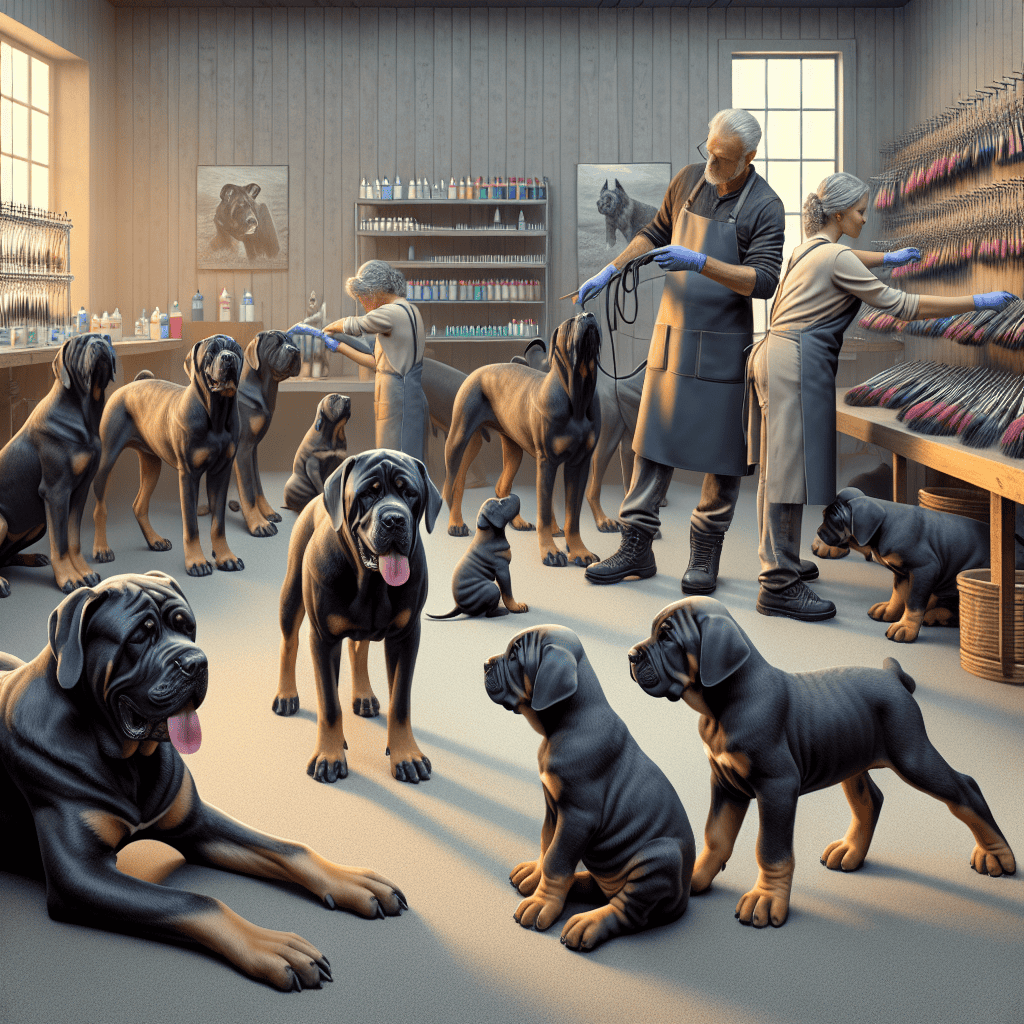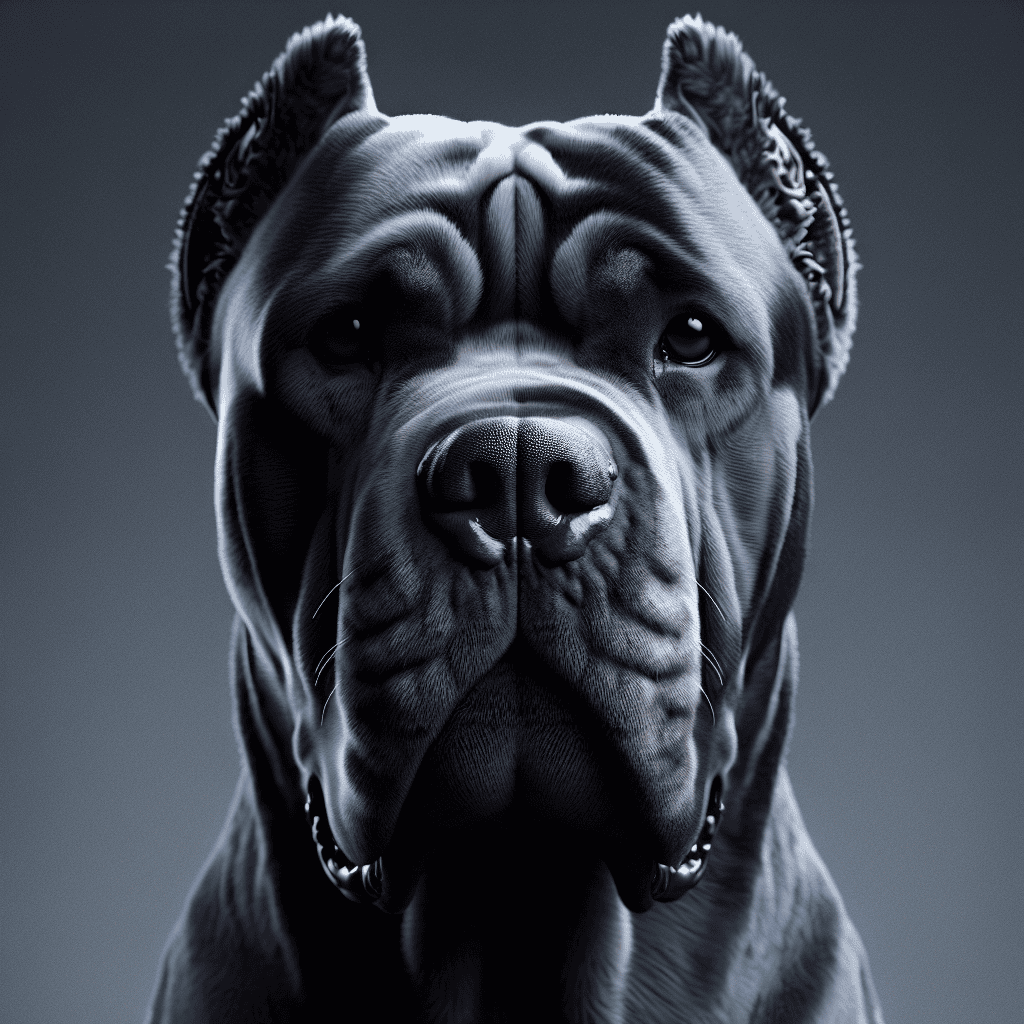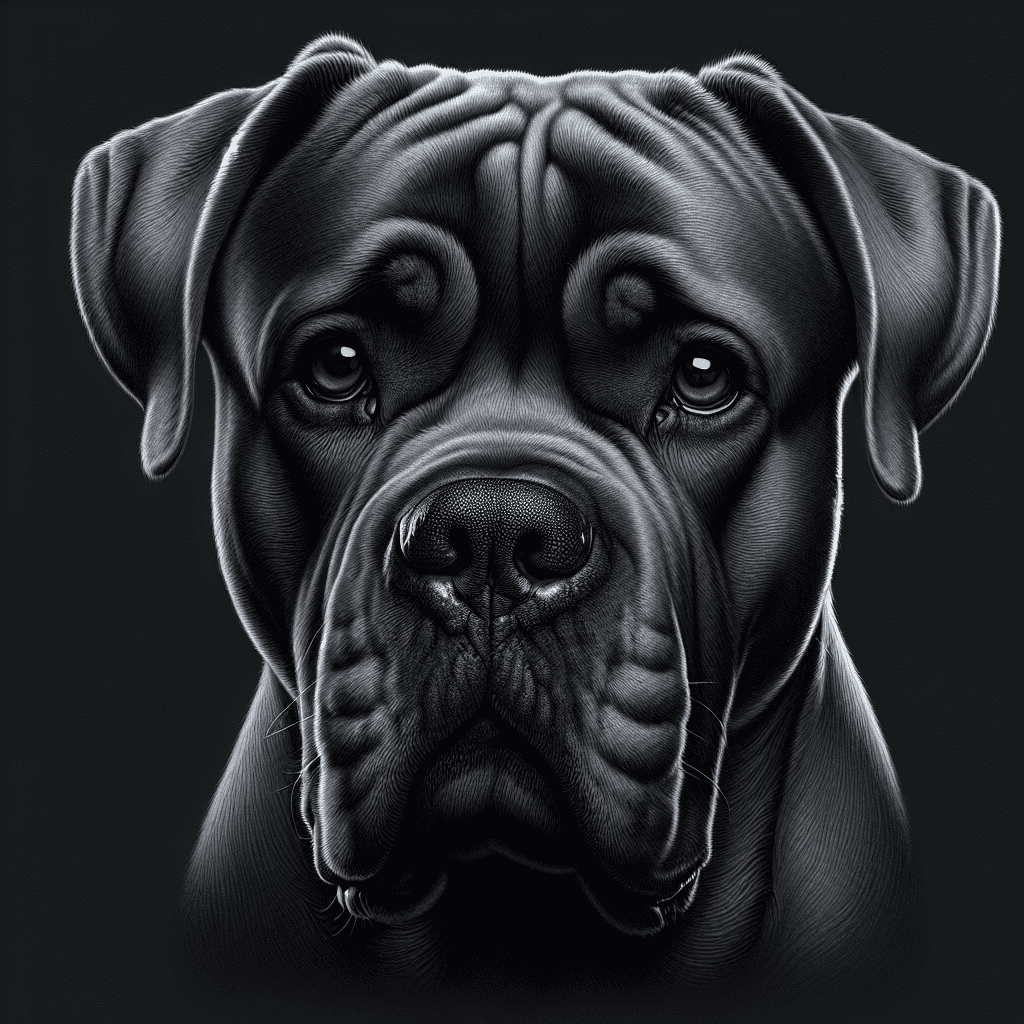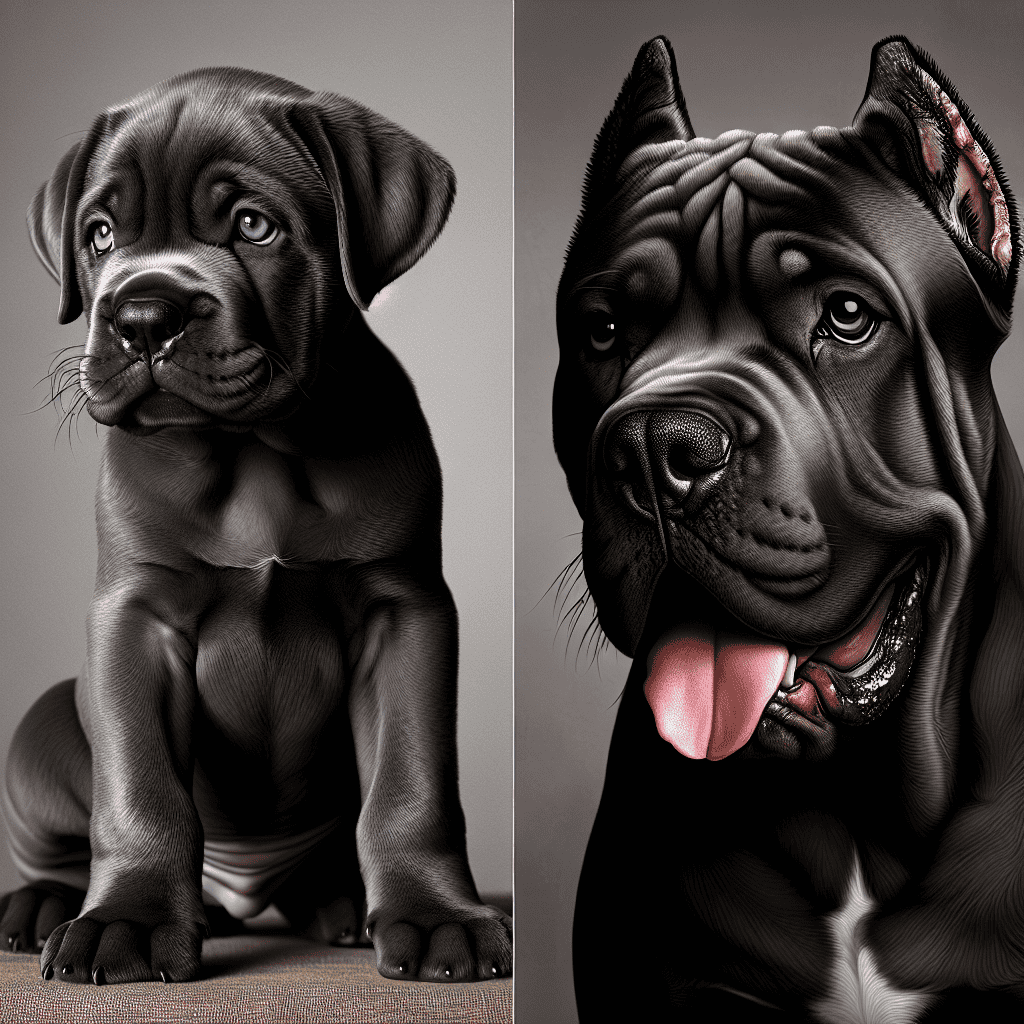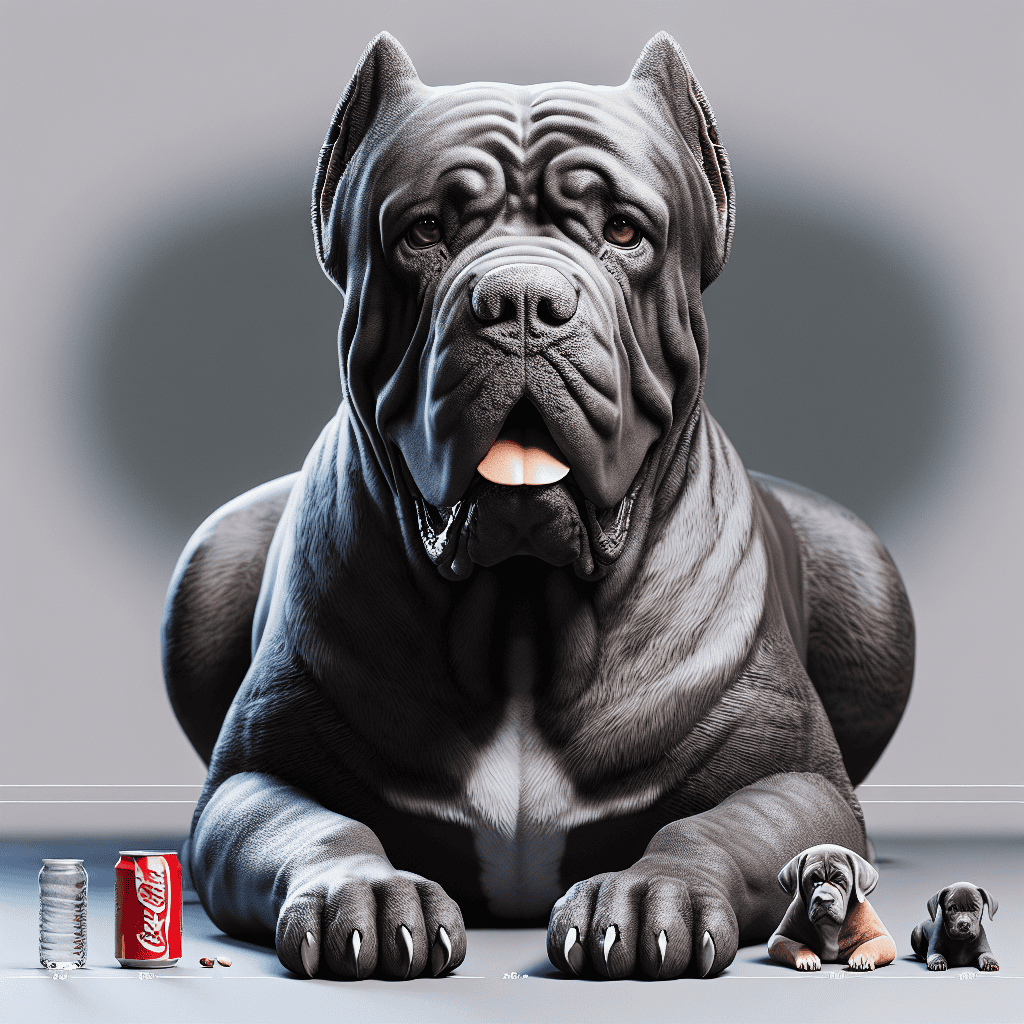Caring for Your Cavalier
When it comes to caring for your Cavalier King Charles Spaniel, there are several important factors to consider. This section will cover their exercise needs, lifespan and size, as well as grooming requirements.
Exercise Needs
Cavalier King Charles Spaniels typically require about 30 to 60 minutes of exercise each day. This can include activities such as walks, playtime, and interactive games. The amount of exercise needed may vary depending on factors such as the dog’s age, health, and energy level. Regular exercise is essential to keep your Cavalier physically fit and mentally stimulated. It also provides an opportunity for bonding and socialization. For more information on exercise and activity ideas, consult our article on cavalier king charles spaniel exercise.
Lifespan and Size
Cavalier King Charles Spaniels are usually 12-13 inches tall and weigh 13-18 pounds. They have a relatively long lifespan compared to many other breeds, with an average of 12 to 15 years. Smaller dogs tend to live longer, and Cavaliers are no exception. However, it’s important to note that certain health issues are more prevalent in this breed, which may affect their lifespan. To learn more about common health concerns, refer to our article on cavalier king charles spaniel health issues.
Grooming Requirements
Cavalier King Charles Spaniels have medium-length, silky coats that require regular grooming to keep them looking their best. Their coats should be brushed at least a few times a week to prevent matting and tangling. Additionally, they may need occasional trimming around the ears, paws, and tail.
It’s important to note that Cavaliers are known to shed, especially during seasonal changes. Regular brushing can help minimize shedding and keep their coats healthy. Bathing should be done as needed, using a gentle dog shampoo to avoid drying out their skin.
To keep their ears clean and prevent infections, regular ear cleaning is recommended. This involves gently wiping the inside of the ears with a dog-specific ear cleaner and cotton balls or soft wipes. It’s essential to be gentle and avoid inserting anything too deep into the ear canal.
For more detailed information on grooming techniques and tips, consult our article on cavalier king charles spaniel grooming.
By understanding and addressing the specific needs of your Cavalier King Charles Spaniel, you can ensure they lead a happy and healthy life. Regular exercise, proper grooming, and attention to their overall well-being will contribute to their overall quality of life and strengthen the bond between you and your furry companion.
Health Concerns
When considering Cavalier King Charles Spaniel puppies, it’s important to be aware of the potential health concerns associated with this breed. While these dogs are generally known for their affectionate nature and friendly disposition, they are prone to certain medical conditions. In this section, we will explore the common medical conditions that Cavaliers may face, including mitral valve disease and syringomyelia.
Common Medical Conditions
Cavalier King Charles Spaniels are susceptible to various health issues, some of which are more prevalent in this breed compared to others. It’s crucial to understand these conditions to ensure the well-being of your Cavalier. Common medical conditions that Cavaliers may experience include:
- Eye conditions
- Patellar luxation
- Hip dysplasia
- Mitral valve disease (MVD)
- Syringomyelia
For a comprehensive understanding of these health issues, consult with your veterinarian or refer to reliable sources such as PetMD.
Mitral Valve Disease
Mitral valve disease (MVD) is the most common health condition affecting Cavalier King Charles Spaniels. It occurs due to a genetic predisposition, with nearly all Cavaliers being affected by this condition at some point in their lives (WebMD). MVD is a degenerative heart condition in which the mitral valve, responsible for regulating blood flow between the heart’s chambers, becomes compromised. This can lead to heart murmurs and, in severe cases, heart failure.
Studies have shown that around 42.8% of Cavalier King Charles Spaniel deaths are cardiac-related, emphasizing the significance of monitoring and managing MVD in this breed (WebMD). Early detection through regular check-ups and appropriate medical management can help improve the quality of life for Cavaliers affected by MVD.
Syringomyelia
Another health concern that Cavaliers are prone to is syringomyelia. Studies have estimated that more than 90% of all Cavaliers have a malformation that can lead to this disorder (PETA). Syringomyelia is a condition in which fluid-filled cavities (syrinxes) form within the spinal cord, causing pain, discomfort, and various neurological symptoms.
Dogs with syringomyelia may exhibit yelping, scratching, and difficulties with coordination. Unfortunately, there is currently no cure for this condition, making early detection and management crucial for the well-being of affected Cavaliers. If you suspect your Cavalier may be experiencing syringomyelia-related symptoms, consult with a veterinarian experienced in this condition for proper diagnosis and treatment.
Understanding the potential health concerns associated with Cavaliers allows you to be proactive in providing the necessary care and support for your furry companion. Regular vet check-ups, proper nutrition, and a healthy lifestyle can help extend their lifespan and ensure their overall well-being. Remember, prevention, early detection, and timely intervention are key when it comes to managing your Cavalier’s health.
Choosing Your Cavalier
When it comes to welcoming a Cavalier King Charles Spaniel puppy into your home, there are several important factors to consider. From temperament and behavior to adaptability to living spaces, making an informed decision will ensure a harmonious match between you and your new furry companion.
Temperament and Behavior
Cavalier King Charles Spaniels are renowned for their affectionate and loving personalities, making them excellent companions for individuals and families. They are known to be friendly, loyal, and great with children and other pets (PetMD). Their tolerant and patient nature contributes to their compatibility with various household dynamics.
When choosing a Cavalier, it’s important to assess their individual temperament and behavior. Spend time interacting with the puppy and observe their reactions to different stimuli. Look for signs of friendliness, adaptability, and how they respond to socialization efforts. A well-socialized and confident Cavalier will be more likely to thrive in different environments and be comfortable around new people and animals.
Adaptability to Living Spaces
Cavalier King Charles Spaniels are versatile when it comes to living spaces. They can adapt to both apartments and houses, as long as their exercise and mental stimulation needs are met. Despite their small size, Cavaliers have moderate exercise requirements and should be provided with daily walks and playtime to keep them healthy and happy.
It’s important to consider the available space in your home and whether it can accommodate the needs of a Cavalier. While they are not excessively active dogs, they do enjoy exploring their surroundings and having access to a secure outdoor area to roam and play in.
Breeder vs. Rescue Adoption
When choosing a Cavalier King Charles Spaniel, you have the option of obtaining a puppy from a reputable breeder or considering adoption from a rescue organization. Both avenues have their own advantages and considerations.
Working with a reputable breeder can provide you with more information about the puppy’s lineage, health history, and the opportunity to meet the puppy’s parents. This can give you insight into the puppy’s potential temperament and any genetic health concerns that may be present in the breed. If you choose this route, ensure that the breeder follows ethical breeding practices and provides a nurturing environment for their puppies.
Rescue adoption offers the opportunity to provide a loving home to a Cavalier in need. There are rescue organizations dedicated to the breed that can help match you with a Cavalier that suits your preferences and lifestyle. Adopting a rescue Cavalier not only gives a deserving dog a second chance at a happy life but also provides you with a loyal and grateful companion.
Regardless of the path you choose, it’s crucial to research and select reputable breeders or rescue organizations that prioritize the health and well-being of their dogs. Take the time to ask questions, visit the premises, and ensure that the puppies are well-cared for and raised in a clean and loving environment.
By considering the temperament and behavior of the Cavalier, their adaptability to your living space, and the choice between breeder and rescue adoption, you can make an informed decision that aligns with your lifestyle and preferences. Remember that Cavaliers thrive on love and attention, so providing a nurturing and caring environment is essential for their happiness and well-being.
Training and Socialization
When welcoming a Cavalier King Charles Spaniel puppy into your home, it’s important to prioritize their training and socialization. This will help them develop into well-behaved and confident adult dogs. Here are some training tips and insights into the importance of socialization for Cavalier King Charles Spaniels.
Training Tips
Training a Cavalier King Charles Spaniel puppy requires repetition and persistence. These intelligent dogs respond well to positive reinforcement techniques such as rewards, praise, and treats. Consistency is key, so establish a regular training routine and use clear commands.
Start with basic obedience commands like sit, stay, and come. Use short, frequent training sessions to keep your Cavalier engaged and focused. Remember to be patient and reward their successes, as this breed is eager to please.
It’s also essential to address any behavioral issues early on. Cavaliers can be prone to separation anxiety and may exhibit destructive behaviors if not properly trained and given adequate mental stimulation. Seek guidance from a professional dog trainer if needed.
Socialization Importance
Socialization is crucial for Cavalier King Charles Spaniels to ensure they become well-rounded and confident dogs. Early socialization helps them become accustomed to various environments, people, and other animals, reducing the risk of timidity or fearfulness as they grow (WebMD).
Expose your Cavalier to different sights, sounds, and experiences from a young age. Introduce them to other dogs, people of all ages, and various environments. This will help them develop appropriate social skills and prevent behavioral problems in the future.
Consider enrolling your Cavalier King Charles Spaniel puppy in puppy kindergarten or obedience classes. These classes provide structured socialization opportunities and allow your puppy to interact with other dogs under the guidance of a professional trainer.
Supervise interactions between your Cavalier and children, especially during the early stages of socialization. Cavaliers are known for their affectionate nature and often form close bonds with family members, making them great family pets. However, it’s important to teach both children and dogs how to interact safely to prevent any accidental injuries (WebMD).
By investing time and effort into training and socialization, you can help your Cavalier King Charles Spaniel puppy grow into a well-behaved and sociable adult dog. Remember to always use positive reinforcement techniques, be patient, and seek professional guidance when necessary.
Extending Lifespan
To ensure that your Cavalier King Charles Spaniel enjoys a long and healthy life, it is important to focus on two key aspects: regular vet check-ups and proper nutrition and healthcare.
Vet Check-ups
Regular veterinary check-ups are crucial for maintaining your Cavalier’s overall health and detecting any potential issues early on. These check-ups allow the vet to assess your dog’s physical condition, monitor their weight, check for any signs of illness or injury, and provide necessary vaccinations and preventive treatments.
According to WebMD, Cavaliers should receive regular immunizations, including their rabies vaccine every three years, and basic vaccinations as puppies up until they are 18 to 24 months old to protect against diseases like distemper, parvovirus, and rabies. Your veterinarian will be able to provide a vaccination schedule tailored to your Cavalier’s specific needs.
In addition to vaccinations, your vet will also conduct routine examinations to assess your Cavalier’s heart health, as Cavaliers are prone to heart conditions like mitral valve disease (MVD). Regular check-ups can help monitor any potential cardiac issues and ensure timely intervention if needed.
Nutrition and Healthcare
Proper nutrition plays a crucial role in the overall health and well-being of your Cavalier. Providing a balanced and nutritious diet is essential for extending their lifespan. Feeding them high-quality, whole foods specifically formulated for their age, size, and activity level is recommended. It is important to consult with your veterinarian to determine the most suitable diet for your Cavalier.
Maintaining your Cavalier’s weight within a healthy range is also important for their overall health. Obesity can lead to various health issues, including joint problems and heart disease. Your vet can provide guidance on portion control and recommend appropriate exercise routines.
Regular grooming, including dental care, is also essential for your Cavalier’s health. Brushing their teeth regularly, providing dental chews, and scheduling professional dental cleanings as recommended by your veterinarian can help prevent dental issues and maintain good oral hygiene.
Ensuring your Cavalier receives appropriate preventive healthcare is vital. This includes flea and tick prevention, regular deworming, and heartworm prevention. Your veterinarian can guide you on the appropriate medications and schedule for these preventive measures.
By prioritizing regular vet check-ups and providing proper nutrition and healthcare, you can help extend the lifespan of your Cavalier King Charles Spaniel. Remember that factors such as genetics, environment, and overall lifestyle also play a role in their longevity. By being proactive in their care, you can help your Cavalier live a long, happy, and healthy life.
Cavalier Health Study
To ensure the well-being of Cavalier King Charles Spaniel puppies, it’s important to be aware of the prevalent disorders that can affect this breed. A comprehensive health study conducted on Cavalier King Charles Spaniels sheds light on the most common medical conditions and their incidence rates. This information can help puppy owners and breeders stay informed and take appropriate measures for their furry companions.
Prevalent Disorders
According to the study, the most common specific disorders recorded in Cavalier King Charles Spaniels attending primary-care veterinary practices in England were as follows:
| Disorder Category | Prevalence |
|---|---|
| Cardiac Disorders | 31.7% |
| Dermatological Disorders | 22.2% |
| Ocular Disorders | 20.6% |
| Gastrointestinal Disorders | 19.3% |
| Dental/Periodontal Disorders | 15.2% |
These findings highlight the importance of regular veterinary check-ups and monitoring the health of Cavalier King Charles Spaniels. By addressing these prevalent disorders proactively, owners can help maintain the well-being of their beloved pets.
Mitral Valve Disease Incidence
Mitral Valve Disease (MVD) is a cardiac disorder that affects Cavalier King Charles Spaniels more frequently than other breeds. The study found that murmurs, a common sign of MVD, were recorded in 31% of the study dogs. Additionally, unspecified heart disease was observed in 7.3% of the dogs, with MVD affecting 5.0% of the dogs with clinical entries during the study period.
Given the higher incidence of MVD in this breed, it is crucial for owners to be vigilant about cardiac health. Regular veterinary check-ups and monitoring for any signs or symptoms of heart disease can help in early detection and appropriate management.
Syringomyelia Diagnosis
Syringomyelia (SM) is another condition that can affect Cavalier King Charles Spaniels. It is characterized by the development of fluid-filled cavities within the spinal cord. The study found that MRI diagnoses of SM, canine Chiari-malformation (CM), or both were recorded in 1.9% of the study dogs overall. While SM ranked 28th among the most frequently recorded specific diagnoses, it is still an important health concern for the breed.
Owners should be aware of the potential risk of syringomyelia and seek veterinary guidance if they observe any signs such as neck or head pain, neurological abnormalities, or discomfort during certain activities.
By understanding the prevalent disorders, such as cardiac conditions like MVD and syringomyelia, owners and breeders can take proactive measures to promote the health and well-being of Cavalier King Charles Spaniel puppies. Regular check-ups, appropriate nutrition, and prompt veterinary care are essential in maintaining the overall health of these beloved companions. For more information on Cavalier King Charles Spaniel health issues, visit our article on cavalier king charles spaniel health issues.






